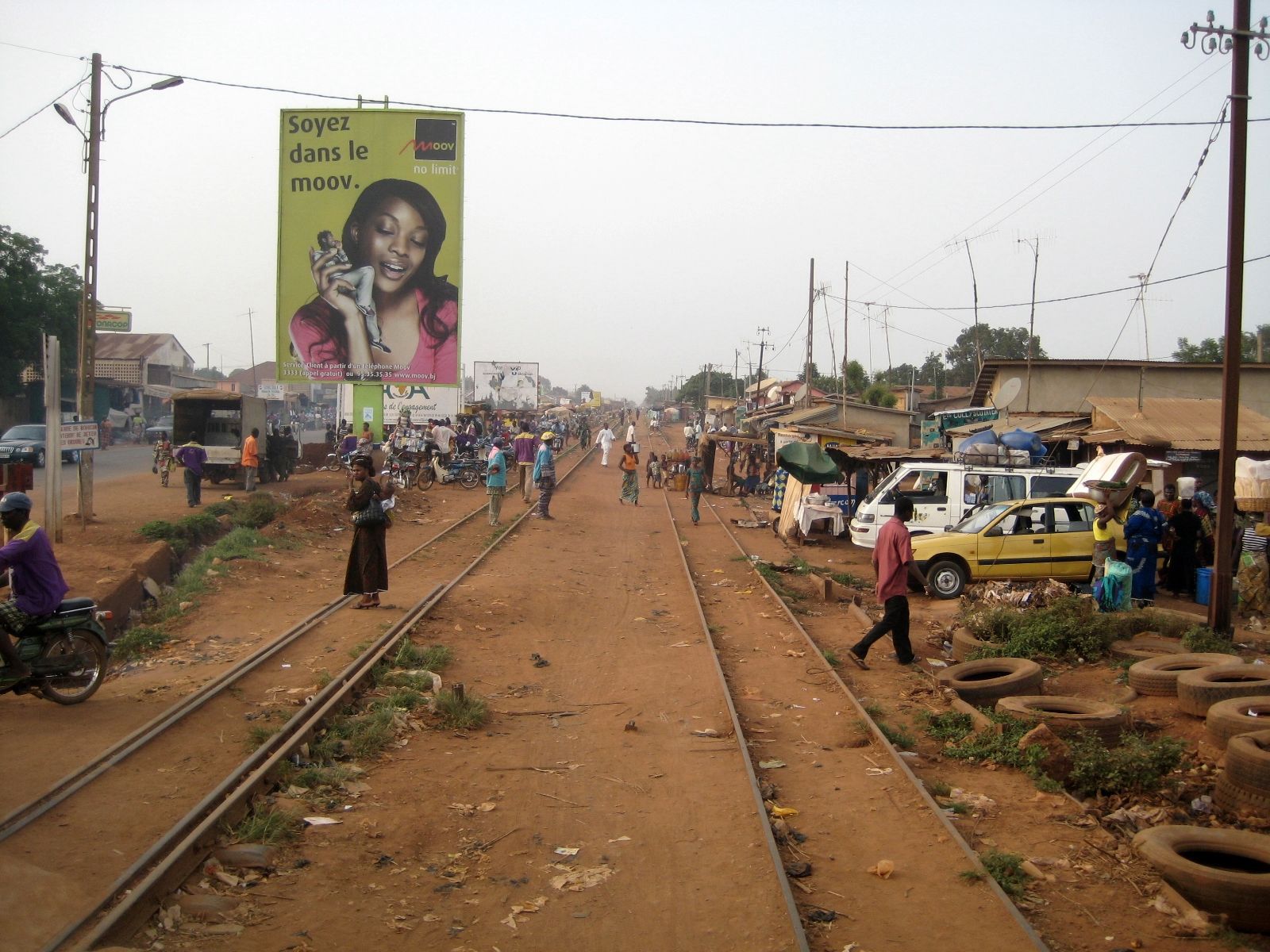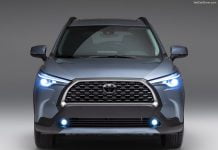Benin vehicles market is famous for the trading activity for second-hands models imported from US and Europe mainly directed to Nigeria. The new vehicles industry is in its infancy and in 2017 reached 1.078 units (-5.7%).
Benin, formerly known as Dahomey, is one of Africa’s most stable democracies. Benin’s shore includes what used to be known as the Slave Coast, the departure point for captives to be shipped across the Atlantic. In the land was born the voodoo religion, even celebrated in a country’s annual festival. On the economic side, Benin is severely underdeveloped, and corruption is rife. While in recent the country has experienced economic growth and is one of Africa’s largest cotton producers, it ranks among the world’s poorest countries.
Benin automotive industry is still quite marginal in the African landscapes. Indeed, we talk about new vehicles sales and not on second-hands trading activity for which the country is well-known.
Thanks to the low duties and free trade agreement with neighbouring countries, in the last decade the country was a trading point for used vehicles arriving from US and Europe, with a grow from bear 200.000 units imported in the 2010 to near 400.000 in the 2014, An estimated 80-90% are destined for the Nigerian market. The introduction of duties imposed for imported vehicles Nigeria has dramatically reduced this flow in the last years, hitting correlated affairs in the cost side of Benin.
However, our focus is on new vehicles sales, for which the local pro capita income is still very low. Poor infrastructures, limited availability o after sales operations, cost of spar parts are all key limit to the expansion of new car sales, which anyhow are recently growing fast, starting from just 217 units sold in the 2012.
In 2017, the market registered 1.078 units, down 5.7% from the previous year.
Tables with sales figures
In the tables below we report sales for Top Brands











